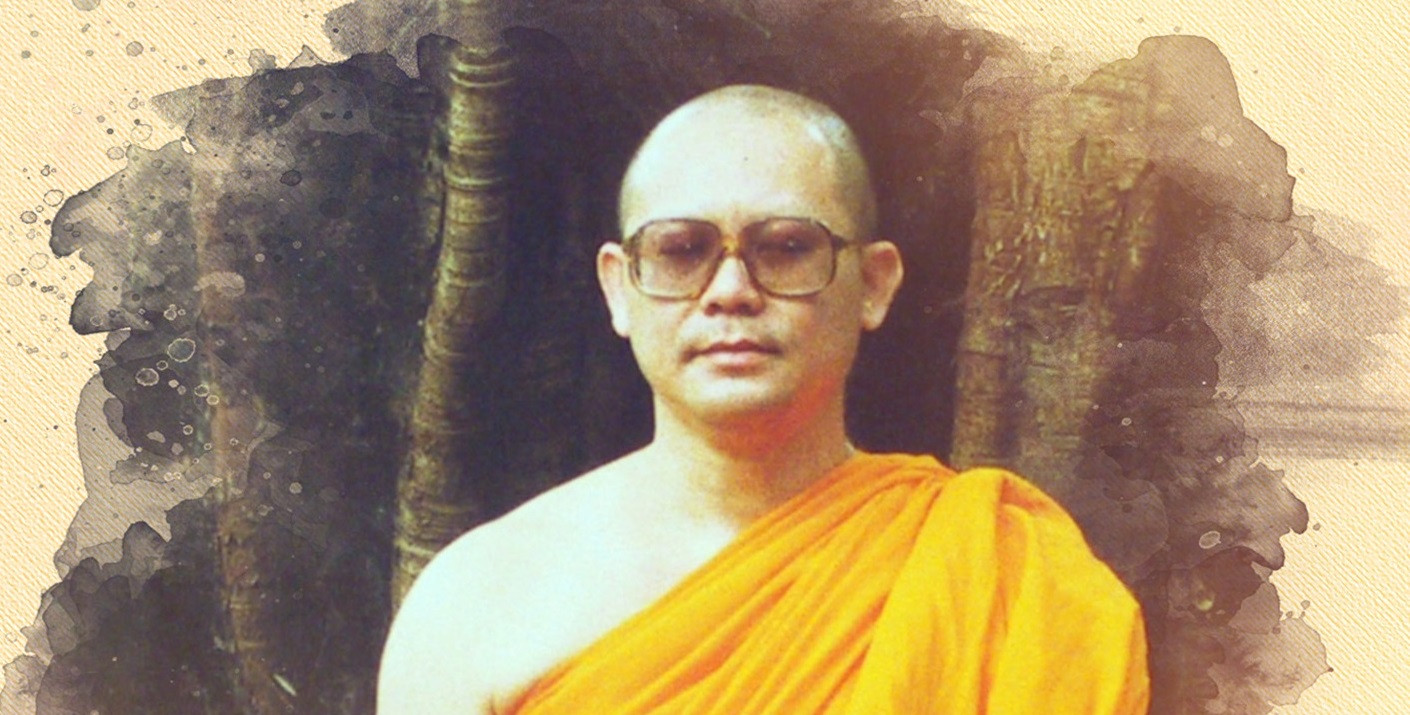Twofold Ordination: Outer and Inner Renunciation
Let every child—whether monk or novice—be ordained in both ways, both outer and inner.
Even laypeople should be able to see the inner monk within themselves.
Let us all turn back to the true essence of Dhamma practice.
In the past, we may have been too absorbed in coarse, external tasks,
or allowed our minds to become entangled with worldly distractions,
to the point that our hearts strayed from our original purpose—to pursue perfection and merit.
Now is the time to take this opportunity
to reflect inwardly and examine ourselves.
Reflect on our Dhamma practice:
Have we progressed on the inner path, or have we regressed?
This is a moment to reawaken our purpose and bring the mind back to center.
Therefore, we must make use of this precious time.
Let us resolve to sit in meditation with great care and mindfulness.
Use each passing day wisely—devote yourself fully to Dhamma practice.
Time passes swiftly, and physical strength is limited.
It is with deep intention that I wish for everyone—monks and laypeople alike—to fulfill their spiritual aspirations:
To realize the inner Buddha, to reach the inner Dhamma sphere, and to experience true inner happiness.
Each one of us has the right to attain the Dhamma at any time.
All it takes is to give ourselves the chance.
Just offer your heart the opportunity, and the Dhamma will reveal itself within.
Therefore… let us not allow time to pass by in vain.
We must become the source of merit and a noble example for the people of the world.
Fulfill the duties of a renunciant (Samaṇa-dhamma) to the utmost,
until joy and inner pride arise from within.
Let the virtues within us flourish and grow,
nurturing the goodness of our own hearts day by day.
One must feel such inner joy.
As a monk, you should rejoice that you have become a true and complete monk.
As a novice, feel the joy in your training and progress.
And as a layperson, rejoice that you have ordained inwardly,
cultivating merit and spiritual perfections day by day,
worthy of being called a supreme pursuer of Perfections (Pāramī).
Luang Por Dhammajayo
 English
English
 ภาษาไทย
ภาษาไทย

